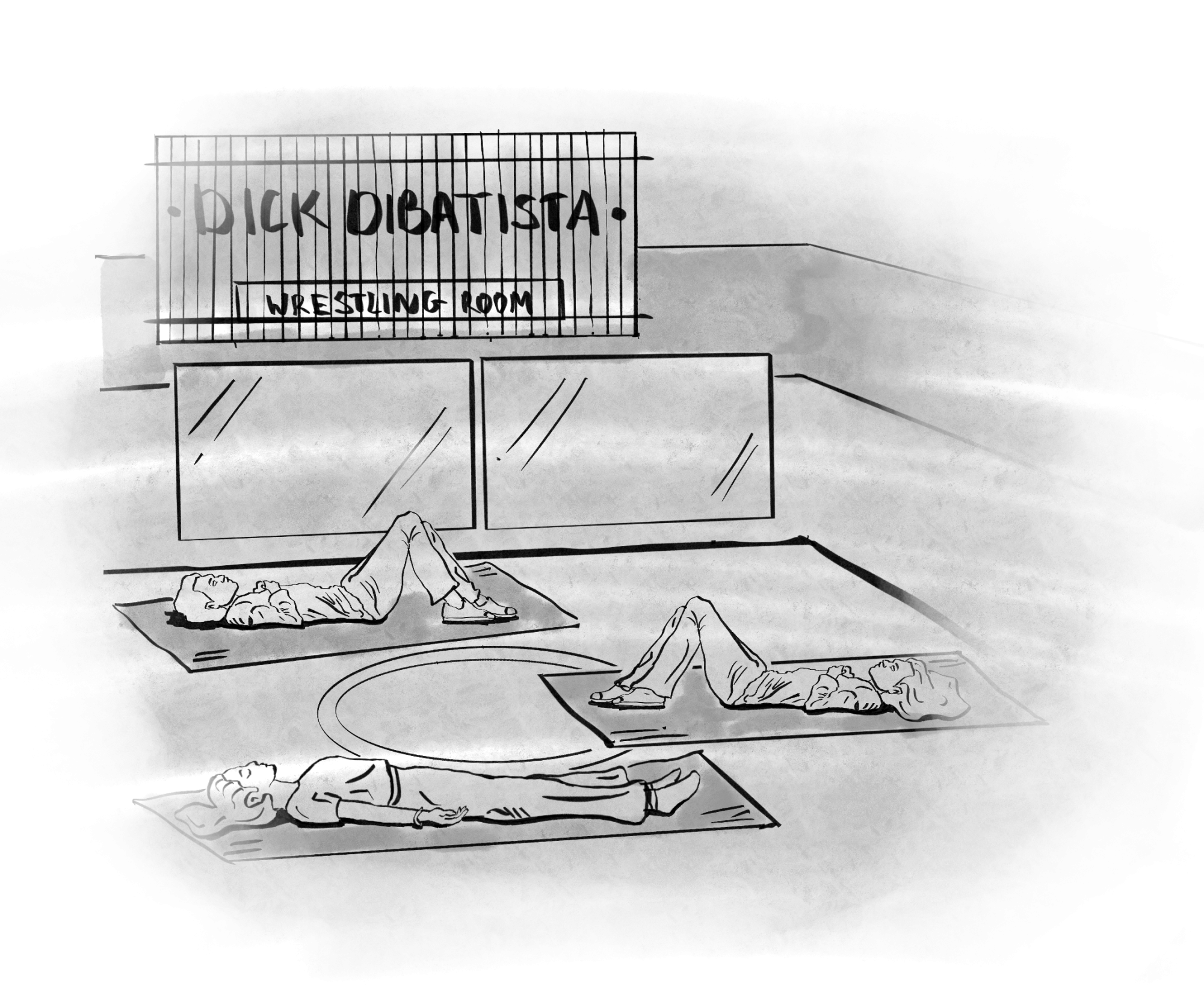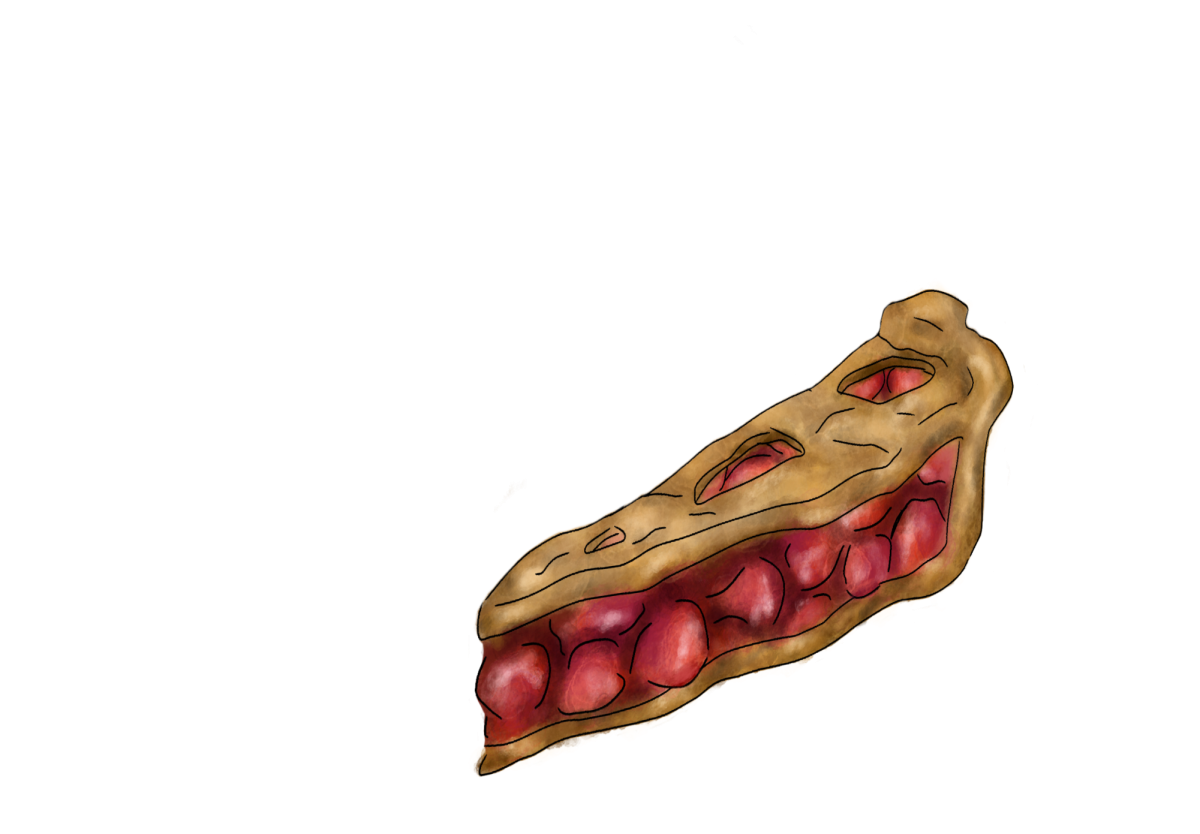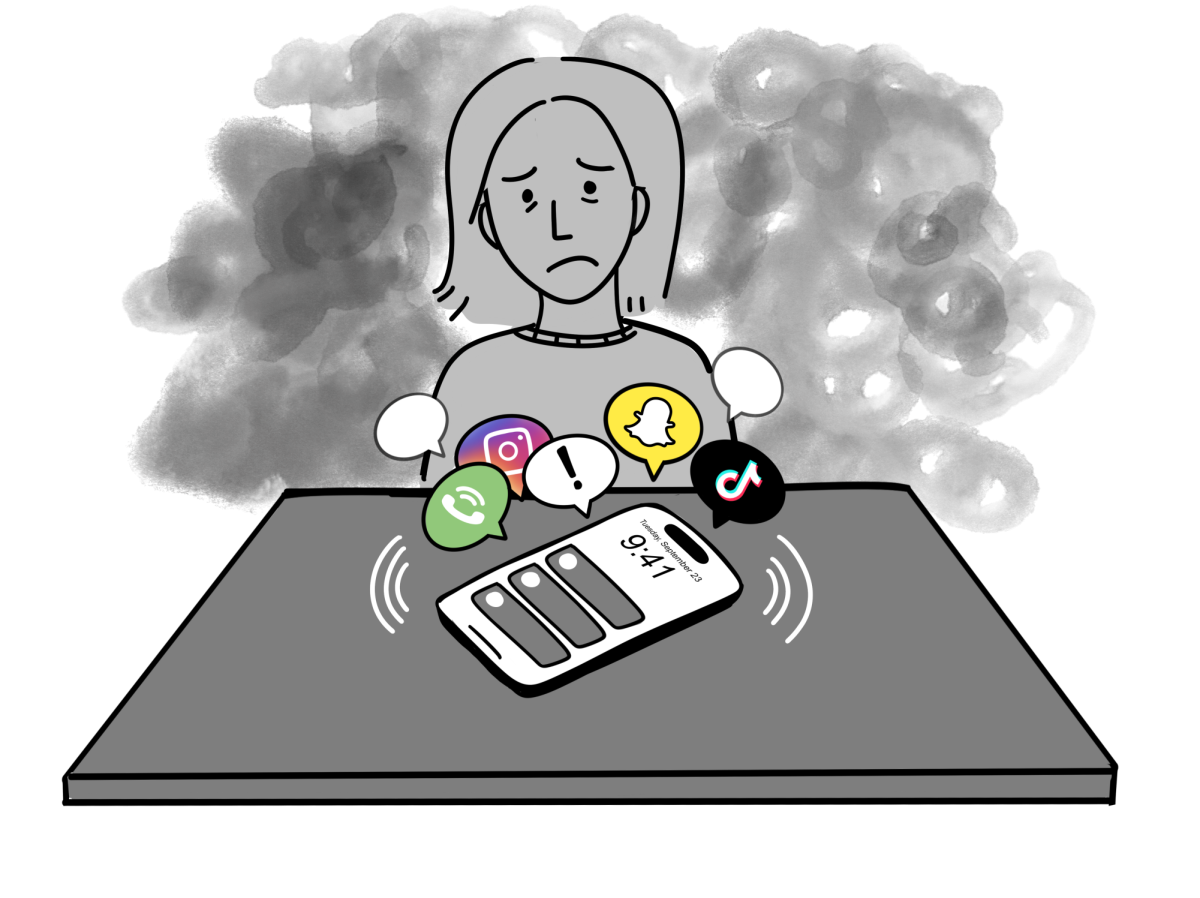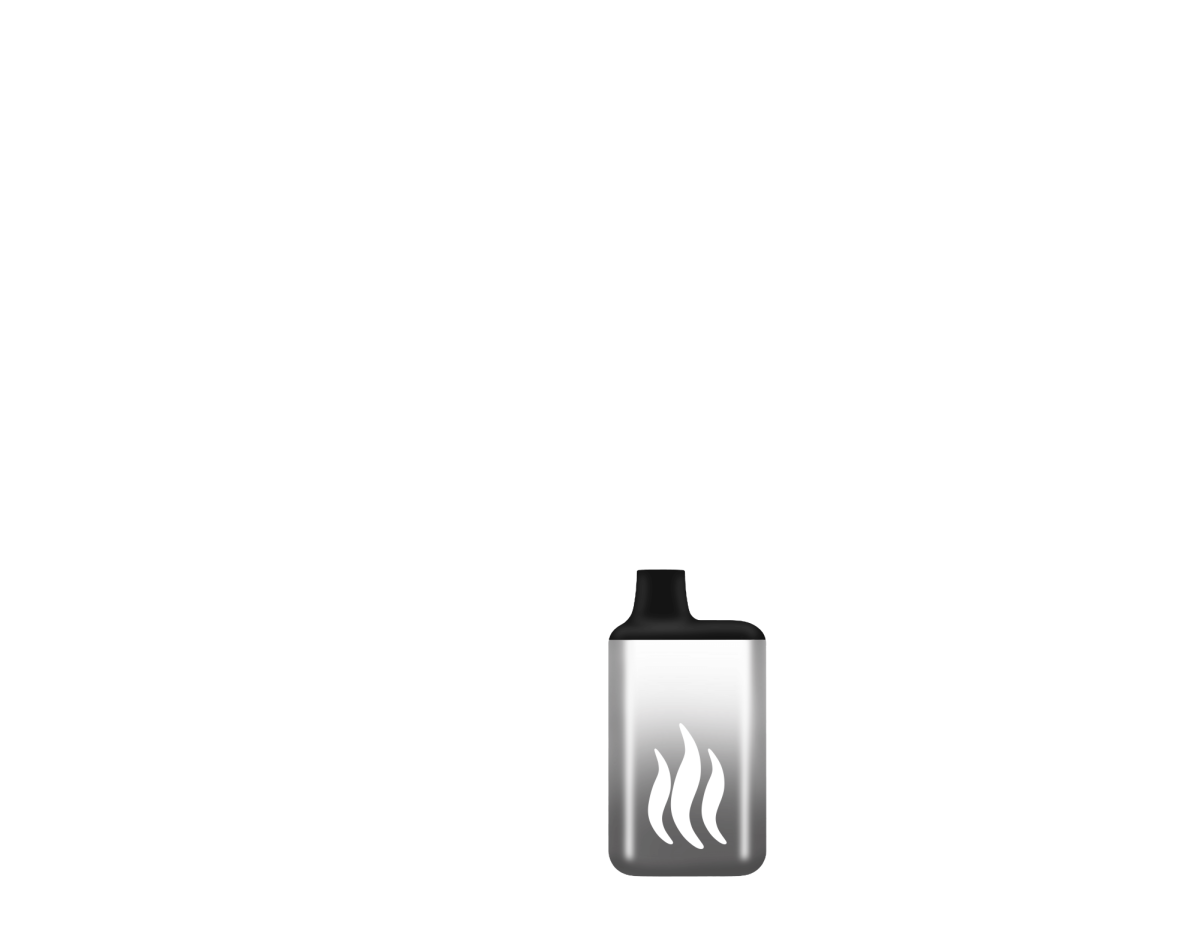
LM students must take two semesters of Physical Education every academic year which amounts to about nine months each year. These months could be spent learning vital skills, from basic swimming skills and water safety to wilderness survival skills and stress reduction. Many students will use these nine months every year to take PE classes that do not help them attain the skills and knowledge that could help establish a foundation for healthy habits throughout their lives. LM should offer more practical and rigorous physical education courses because high school presents a unique opportunity to teach adolescents important skills which could benefit them for a lifetime.
According to statistics found by the Centers for Disease Control and Prevention, an average of 10 people die in the U.S. from unintentional drowning every day. Drowning is the second leading cause of unintentional injury death for children ages 5-14 and fifth for people of all ages. An instructional swim class at LM could provide essential skills for water safety and survival. One study performed by USA swimming demonstrated that 79% of children from low-income families have low to no swimming ability. Having swim classes available to all students, especially those who can’t afford swim lessons or access to a pool, is vital for preventing drowning within teens. Undoubtedly, LM should require that all students achieve swimming proficiency prior to graduation.
A PE class for wilderness survival skills could also be very beneficial for students. Fire starting, water purification, shelter-building, food sourcing and navigation are some examples of practices that students can learn in classes like these. Understanding how to protect and care for yourself in the outdoors can help teenagers learn essential problem-solving skills while also promoting team building. Studies also show that such classes can help cultivate greater resilience and self-confidence. Another added benefit is a greater appreciation for nature which has been shown to reduce stress and promote an increased sense of well-being. Offering this type of class to students could help students acquire real-life, practical knowledge while also having positive effects on a student’s mental health.
In addition to more rigorous classes, LM should offer mental toughness and stress recovery as an option for PE. While such topics would not be classically defined as physical education, they do fall under the umbrella of cultivating healthy lifestyles. PE and can also help with injury prevention and help build resilience and growth mindsets which are essential for all athletes. With the tremendous amount of pressure placed on high school students, it is crucial that LM implements classes that help students regulate their stress. A stress recovery class is designed to help individuals restore the body and mind to a state of well-being after experiencing psychological and physical stress. These classes can consist of various practices such as: meditation, deep breathing exercises, mindfulness exercises, managing reactions, and problem solving skills. According to Revere Health, the common benefits of stress management and mental toughness include reduced risk of chronic diseases, improved immune function, improved sleep quality, and increased productivity and performance. Given the positive benefits of stress recovery classes it is evident that all students, both the athletes and the non-athletes, would profit.
Lastly, students should be required to change their PE selection every year. Often students take the same class year after year for an easy grade, but end up gaining very little in terms of acquiring useful tools that can be put to use in the future. Some of these classes, like swimming and water safety, could very well help save their lives. Classes like mental toughness and stress recovery could help students protect their mental health as they move through college and beyond. Students can maximize the benefit of taking PE by being required to take new classes each year.
Physical education is a mandatory requirement for all 4 years of high school at Lower Merion. It makes sense to capitalize on this captive audience by teaching life skills that will benefit students well beyond graduation. Offering classes like swimming, water safety, wilderness survival skills and mental toughness are just a few examples of classes that could give students practical knowledge which would prove useful well beyond their time at LM.






Leslie Doyle • Jun 7, 2025 at 12:26 PM
I couldn’t agree more. Time for the district to rethink physical education curricula for all ages